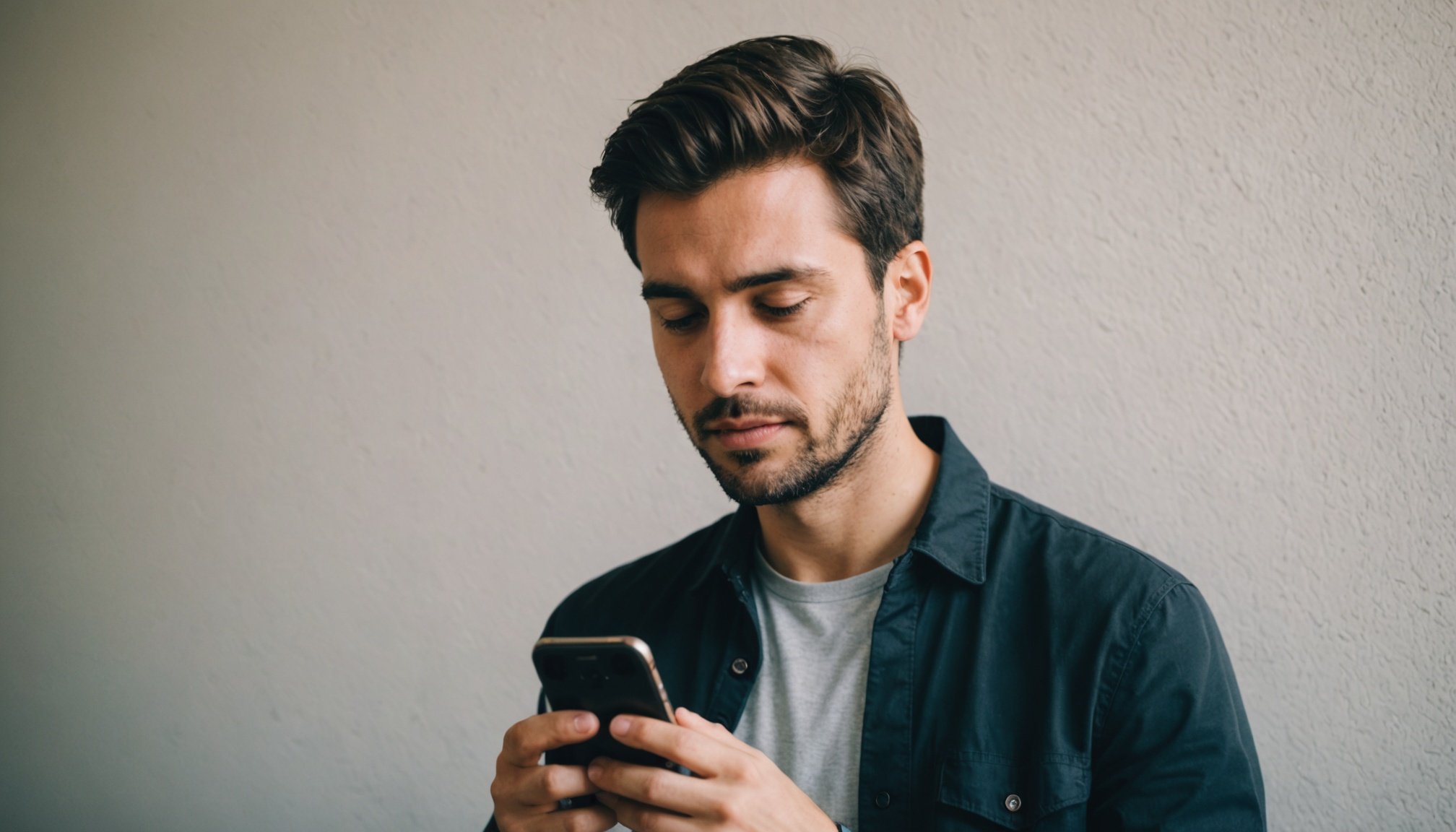Overview of Mobile Mental Health Apps
In recent years, mobile mental health apps have emerged as a pivotal part of digital health solutions. These apps aim to provide support, resources, and tools to aid users in managing mental health concerns, especially focusing on anxiety relief. They offer a convenient and accessible alternative to traditional therapy.
The growing interest in mental wellness has paved the way for a boom in these applications. Trends indicate a significant uptick in download and usage rates, illustrating how indispensable they have become to users worldwide. Mobile mental health apps serve a diverse array of needs, ranging from therapy sessions to mindfulness exercises.
Also to see : Unlocking Student Potential: The Advantages of Stress Management Workshops in High Schools
Specifically, apps focusing on anxiety relief can be categorized into several major types:
- Therapeutic apps: These simulate aspects of cognitive-behavioral therapy.
- Meditation and mindfulness apps: Designed to promote relaxation and stress reduction.
- Crisis support apps: Offer immediate resources and contact numbers for urgent situations.
These categories are not exhaustive but provide a glimpse into the comprehensive support available through mobile mental health platforms. Their continuous evolution reflects the changing dynamics of mental health care, enhancing accessibility and convenience for users globally.
Also to discover : Exploring the Link Between Social Support Systems and Lifespan in Older Adults
Effectiveness of Mobile Mental Health Apps in Alleviating Anxiety Symptoms
Anxiety symptoms can be daunting, but mobile mental health apps offer a modern approach to management. These apps show promise, especially with their ease of use. App usability plays a critical role in their effectiveness, with user-friendly interfaces boosting success rates.
Research Studies on Mobile Mental Health Apps
Research highlights the effectiveness of mobile apps in reducing anxiety symptoms. Recent studies reveal that app-based interventions sometimes parallel traditional therapy in efficacy, offering an accessible alternative. Over time, consistent app use seems to help with anxiety management, providing users with tools and strategies that become ingrained in daily routines.
User Testimonials and Outcomes
Users often praise apps for their portability and 24/7 availability, crucial for anxiety flare-ups. While positive outcomes are common, a few challenges surface, primarily around customization and personalization. App usability can occasionally fall short, which some credit for limited results.
Expert Opinions on App Effectiveness
Mental health professionals express mixed feelings. While they see potential in digital therapy, they caution against using apps as a standalone solution. Instead, experts recommend that apps complement traditional therapy, forming a cohesive treatment plan that addresses both anxiety symptoms and broader mental health needs.
Features of Effective Anxiety Management Apps
When exploring anxiety management apps, it’s crucial to focus on their features. Effective apps often include mindfulness tools and cognitive-behavioral approaches, which are pivotal in managing anxiety. These tools encourage users to practice mindfulness, which involves staying present and reducing stress. Incorporating these tools helps users develop skills to better manage their anxiety and improve their overall well-being.
Additionally, apps should emphasise personalization and user engagement. Personalization ensures that the app tailors its content and techniques to fit each individual’s unique needs. This helps in making the experience more relevant and increases the likelihood of continued use. User engagement is enhanced through interactive features like games, quizzes, or daily challenges, which keep users motivated and committed.
Evidence-based techniques, such as cognitive-behavioral therapy (CBT), are integral to app design. CBT helps users identify and challenge negative thought patterns, fostering a healthier mindset. Integrating these approaches ensures the app’s effectiveness in providing tangible and meaningful results. In summary, effective anxiety management apps should combine personalization, user engagement, and evidence-based techniques to support users in managing their anxiety effectively.
Limitations and Ethical Considerations of Mobile Mental Health Apps
Mobile mental health apps are praised for their accessibility, but they come with a host of limitations and ethical considerations. Understanding these can help users make informed decisions.
Limitations of Mobile Mental Health Apps
One significant limitation is the technical issues that frequently arise, ranging from app crashes to synchronization problems with devices. These issues can frustrate users, undermining confidence in app reliability. Additionally, there is a considerable disparity in the quality of apps available. Some lack a solid evidence base, making it challenging to ensure their effectiveness in providing mental health benefits.
A risk associated with mobile mental health apps is the potential for users to become over-reliant on them for managing mental health issues. This over-reliance might deter individuals from seeking professional assistance when needed, which can impede effective treatment.
Ethical Concerns in Using Mental Health Apps
User privacy is a major ethical concern given the sensitivity of personal health data. Many apps require access to personal information, raising questions about data security and how this information is used or shared. There’s also the risk of misdiagnosis when users self-treat without professional guidance, potentially exacerbating mental health conditions.
Regulation and oversight of mental health apps remain inconsistent, adding another layer of uncertainty regarding their ethical deployment and usage.
Future of Mobile Health Technology in Anxiety Management
The future trends in mobile health technology are reshaping how anxiety is managed, offering advanced tools through mobile applications. Emerging technologies such as artificial intelligence and machine learning are enhancing these applications’ ability to personalise user experiences and adapt to individual needs. This allows for tailored interventions, providing support whenever and wherever it is needed.
With ongoing technology advancements, there’s a growing shift towards integrating these apps with traditional healthcare systems and professionals. This integration ensures users benefit from comprehensive care by connecting app data directly to healthcare providers, facilitating more informed diagnosis and treatment plans.
Mental health innovation continues to drive predictions for the future evolution of anxiety management through apps. Innovations like virtual reality offer immersive experiences that can help reduce stress and prepare for real-world anxiety triggers. Meanwhile, the use of wearables and smart sensors provides real-time monitoring of physiological indicators related to anxiety, enabling instantaneous feedback and self-regulation strategies.
Ultimately, these technological advancements promise to revolutionise mental health care, leading to a more integrated, efficient, and effective approach to managing anxiety. Such progress highlights the immense potential of leveraging technology to empower individuals in managing their mental health effectively.











